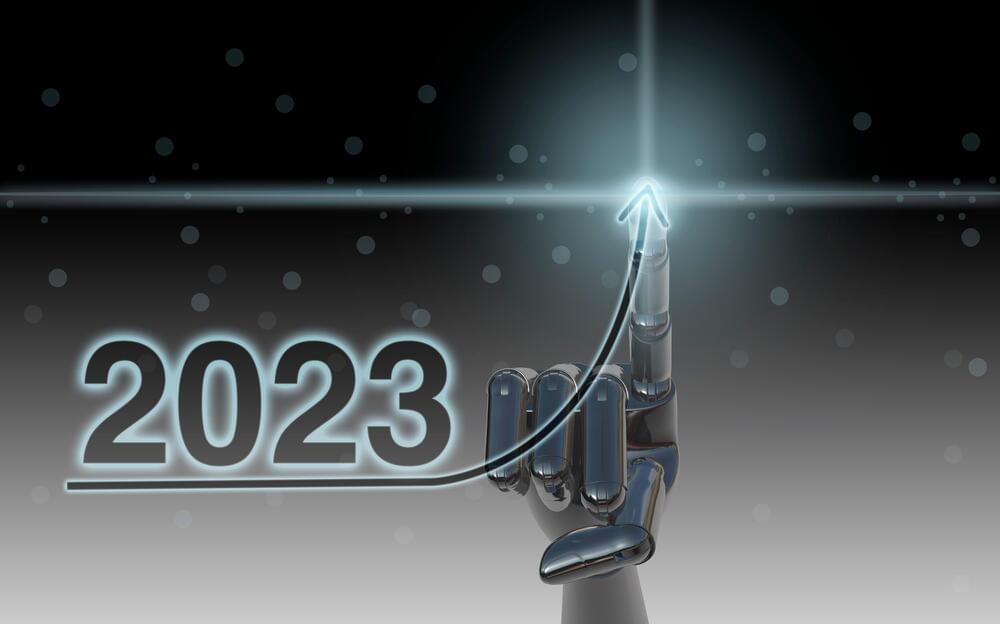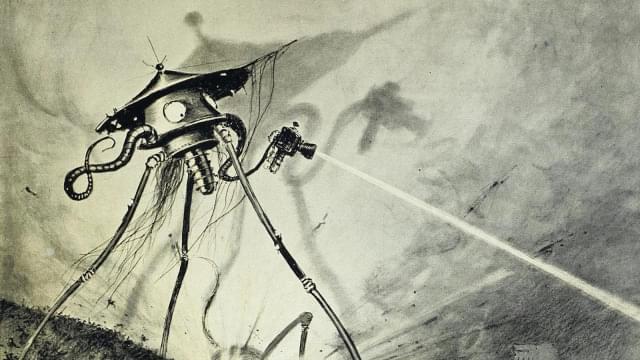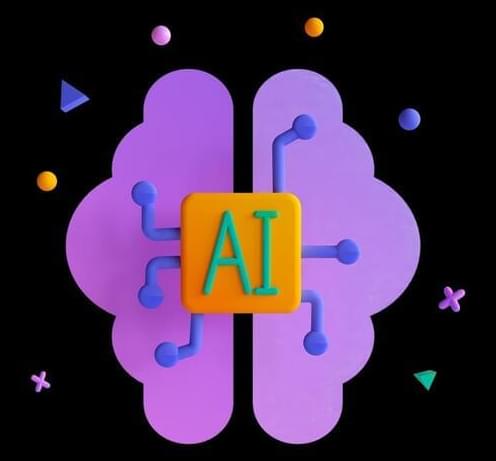Mental health has become a widespread topic nowadays.
In the past, discussions concerning mental health were often hushed up or altogether swept under the rug. A gradual cultural change has led to openly considering mental health issues and eased qualms about doing so in publicly acknowledged ways.
You might give some of the credit for this change in overarching societal attitudes as an outcome of the advent of easily accessed smartphone apps that aid your personal mindfulness and presumably spur you toward mental well-being. There are apps for mindfulness, ones for meditation, ones for diagnosing your mental health status, ones for doing mental health screening, and so on.
People on social media are touting the use of generative AI such as ChatGPT as handy for interactively providing mental health advice. This is a worrisome trend. AI Ethics and AI Law are stressed out and cautioning that this is not a sound idea.






